Families of Slain Youth Demand Justice One Year After Kenya’s Anti-Tax Protests
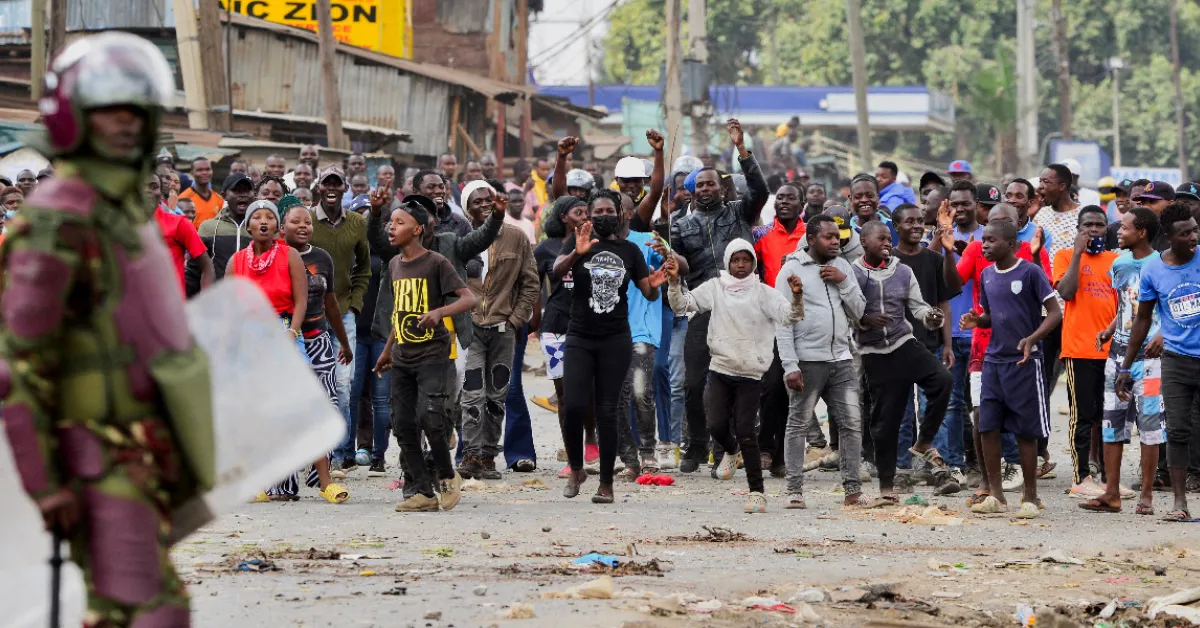
Nearly a year after the tumultuous anti-tax demonstrations of June 2024, Kenya finds itself under increasing pressure to deliver justice and accountability for the families of young protesters who lost their lives during the unrest.
With the anniversary approaching, bereaved parents and human rights activists are intensifying their demands for answers and reparations from the government, launching a nationwide petition to seek both compensation and criminal accountability. The events of June 2024 saw widespread demonstrations erupt across Kenya in response to the controversial Finance Bill, which proposed significant tax hikes. These protests culminated in a violent crackdown by security forces, resulting in numerous casualties and leaving a trail of grief and unanswered questions.
The human cost of these events is starkly illustrated through the stories of families like Joseph Mwangi Njeru’s and Phoebe Akumu’s, whose lives have been irrevocably altered by the loss of their children. Joseph Njeru’s eldest son, Kenneth, a 21-year-old who had recently secured a welding job to save for college, was killed during the protests. Kenneth's opportunity to lift his family out of hardship was tragically cut short when he joined the demonstrations on June 25, 2024, believing he was fighting for a better future. His death has plunged the family deeper into financial strain, compounded by his wife's chronic illness.
"His first salary was supposed to help us, but instead, it paid for his coffin," Joseph Njeru said, his grief still palpable nearly a year later.
He has pleaded with the government to fund his younger son’s education, seeing it as the only possible relief in their situation. Phoebe Akumu’s son, Kevin Odhiambo, only 16 years old, was killed in the crossfire of police shootings despite not being part of the demonstrations. Kevin, known for his religious devotion and avoidance of crowds, was struck by a bullet while collecting a book from a classmate. His mother, who raised him alone after losing her husband the day before Kevin was born, struggles to cope with his sudden absence.
"I want to meet the police officer who killed my son," Akumu said tearfully, seeking an explanation for the inexplicable. Kevin, who had just begun an electrical engineering course, dreamed of elevating his mother from the slums that had defined their lives.
In response to the perceived inaction and lack of accountability, 21 affected families have gathered at the Kenya National Theatre in Nairobi to launch a nationwide petition, seeking at least one million signatures. The petition calls on the government to prosecute security officers involved in the killings and provide compensation for the victims’ families. The petition explicitly demands the arrest and prosecution of "killer cops and their commanders who directed and executed the murder of innocent, peaceful protesters," and urges the government to "provide compensation to murdered victims’ families and families of those who suffered injuries and destruction of property."
Gullian Munyao, the mother of Rex Masai, another young protester killed during the demonstrations, voices the families' determination to remain vocal until justice is served. "You left me with no last words, just a phone call telling me my son was dead," she said.
The families are urging President William Ruto to reaffirm his commitment to justice and the rule of law by holding perpetrators accountable and preventing similar tragedies in the future. Despite the growing pressure, the government's response to the killings has been slow and inadequate. The Independent Policing Oversight Authority (IPOA) reported that at least 60 protesters were shot dead by security forces during the unrest. However, none of the officers responsible have faced legal repercussions.
Human rights organizations argue that the government’s selective response to violent deaths reflects entrenched inequality in Kenya’s justice system. Hussein Khalid, CEO of the rights group Vocal Africa, contrasts the swift and high-profile handling of Kasipul MP Charles Were’s murder with the silence surrounding the protest victims. He emphasizes that the petition seeks justice not only for protest victims but for all Kenyans who have died under unclear circumstances at the hands of police.
"State officials spoke loudly and openly about one individual being shot, yet dozens of young people died, and to this day, absolutely nothing has been done for them. It shows how unequal our society is," Khalid asserts.

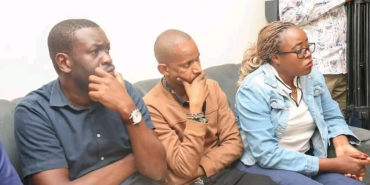
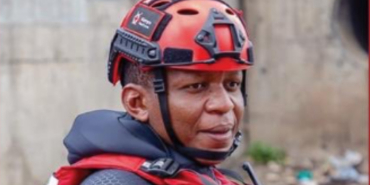
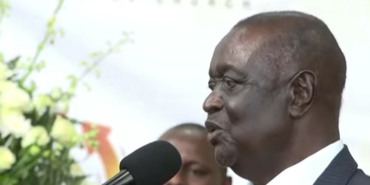

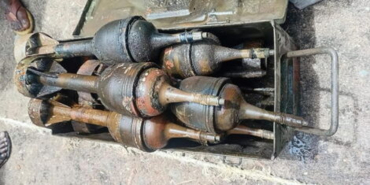
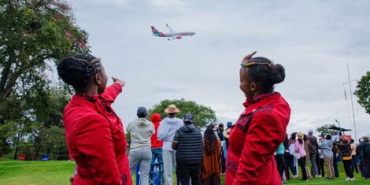
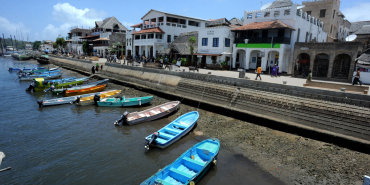
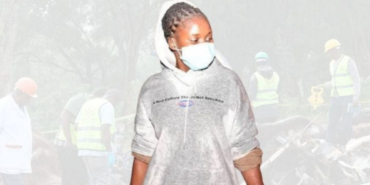
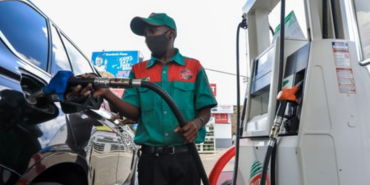



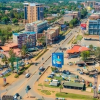
Add new comment